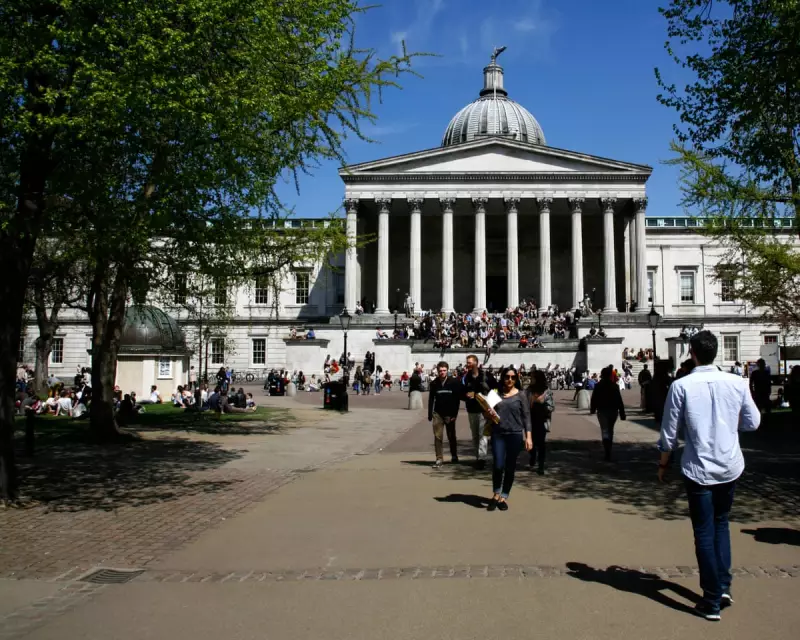
University College London, one of Britain's most prestigious universities, is making significant cuts to its international student intake following the government's controversial new visa allocation system. The move has sent shockwaves through the higher education sector and raised serious questions about the financial future of UK universities.
Government Policy Forces Student Number Reductions
UCL has confirmed it will accept "substantially fewer" international students for the upcoming academic year after being allocated a limited number of visas under the government's new compliance-based system. The university had originally planned to maintain similar numbers to previous years but has been forced to make dramatic cuts.
This development comes as the Home Office implements stricter controls on student visas, with institutions facing penalties if too many international students overstay their visas or fail to complete their studies.
Financial Implications for UK Universities
The reduction in international students represents a significant financial blow to UCL and potentially other Russell Group universities. International students typically pay substantially higher tuition fees than domestic students, with some courses costing over £35,000 annually.
"This isn't just about numbers - it's about the financial stability of our world-class universities," said one senior academic who wished to remain anonymous. "International student fees cross-subsidise research and help fund facilities for all students."
Sector-Wide Concerns and Government Response
Other leading universities are understood to be facing similar restrictions, though UCL appears to be among the most affected. The situation has prompted urgent discussions between university leaders and government officials about the long-term impact on the UK's education exports.
A government spokesperson defended the policy, stating: "Our reforms strike the right balance between welcoming genuine students to our world-leading universities while preventing abuse of the immigration system."
However, critics argue the measures could damage the UK's reputation as a top destination for international students and undermine the financial health of its higher education sector at a time when domestic funding remains constrained.





